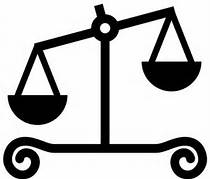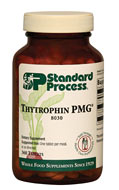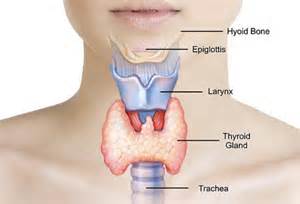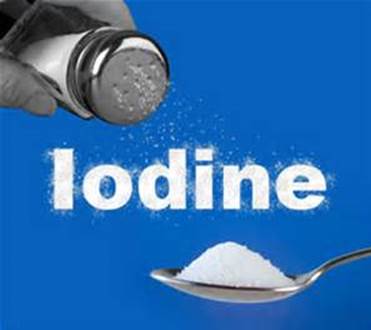Thyroid and Hormones Interactions

|
Peter F. Drucker |
The Endocrine System, which makes up all the organs and glands which secrete hormones, is a complex system. There is a strong interdependence between all of them. When one hormone is released, it affects many other hormones. This works by extensive feedback loops (for instance if there is too much hormone secreted by a gland, it feeds back a message to another gland to slow its production or secretion) that can create a domino effect throughout the body's entire hormone balance. It is a system that cannot be micro-managed, yet everyone seems to be trying to do exactly that.
Thyroid hormone imbalance and sex, adrenal hormonal imbalance are connected by areas of the brain known as the hypothalamus and the pituitary. They help control feedback messaging loops within the endocrine system, receiving and relaying information about whether to increase or decrease hormonal output by the thyroid, adrenals, ovaries, and other tissues. This important duo helps control the increase and decrease of hormones released by the adrenals, thyroid, ovaries, and other endocrine tissues. When one system gets thrown out of balance (for many women this begins with the effects of chronic stress on their adrenal glands), other systems can become disrupted. The feedback loops for each system interact with and affect the other two systems, which sometimes makes symptoms worse.
Our hormones today are in disgusting disarray! Chronic stress and fatigue, menopausal symptoms, PMS, infertility, thyroid problems, diabetes and hypoglycemia! And these are just the major ones. They are rampant today! Unfortunately, it is our entire fault! It is certainly not intentional, but our lifestyle has led to this alarming increase in dysfunction. Not only associated directly with hormones, but indirectly as well - such as cancer, heart disease, osteoporosis and a myriad of other diseases.
what can we do about it?
The answer is simple, but not easy.

First we have to explore some of the basics. Our body makes hormones. Given the right materials, it makes exactly what we need, dispenses it exactly where we need it and does it exactly perfectly. Our bodies don't need us to direct those functions; it is part of the body's innate intelligence. But along with innate intelligence comes common sense on our part. That common sense should tell us that in order for our body to do what it knows to do; we need to give it what it needs. It needs essential fatty acids, minerals, proteins, water, vitamins, enzymes and carbohydrates on a daily basis in order to do its job. Our body is made up of all these materials. Every cell in the body regenerates continually, each and every day and needs these substances by which to do that. Hormones are no exception.
How can we expect our body to make hormones if we don't ingest the materials by which the body can make them? It would be like trying to build a wood frame home and forgetting the wood! Along with that, is the health of the organs and glands. They too need these materials by which to rebuild themselves, continually, and to function properly. Each organ in the endocrine system has a mineral by which they are dependent upon to function. If that mineral is missing, function goes awry. When an organ or gland doesn't function correctly, we call it disease or a symptom. Symptoms are nothing more than the body telling us something is wrong. To take a drug or artificial hormone to cover the symptom doesn't help the body address the underlying problem. It is like putting a piece of duct tape over the warning-indicator light in your car. The problem is still there, you just can't see it any longer.
- How adrenals affect your thyroid functions
- How female hormonal imbalance affect your thyroid functions
- How high blood sugar weakens thyroid function
- What are common symptoms of hormonal imbalance
- What are common symptoms of thyroid imbalance
- What is the difference between them
- What you can do about hormonal imbalance












